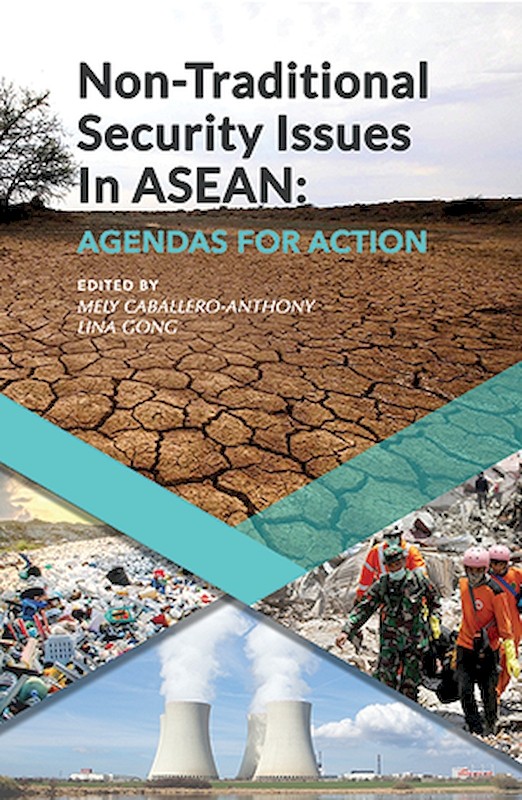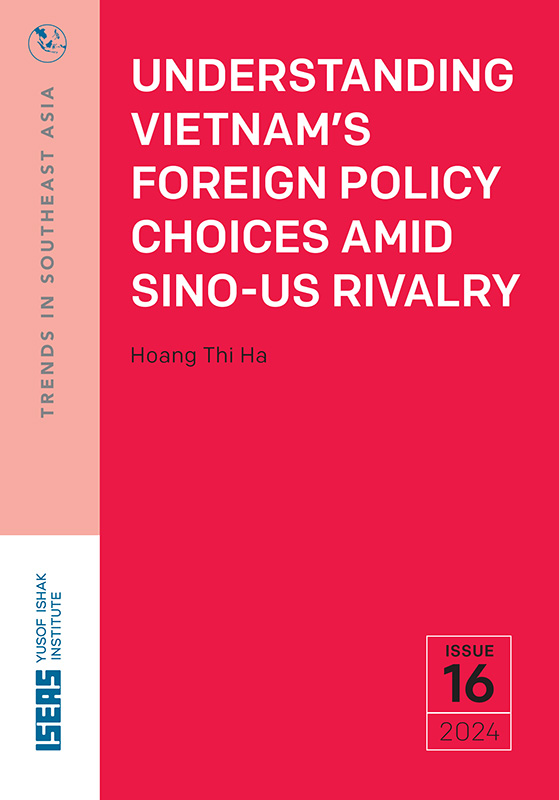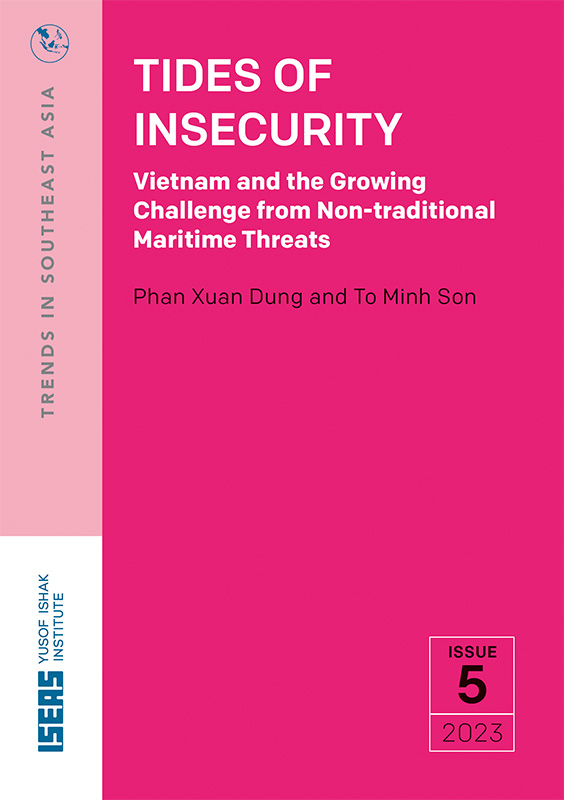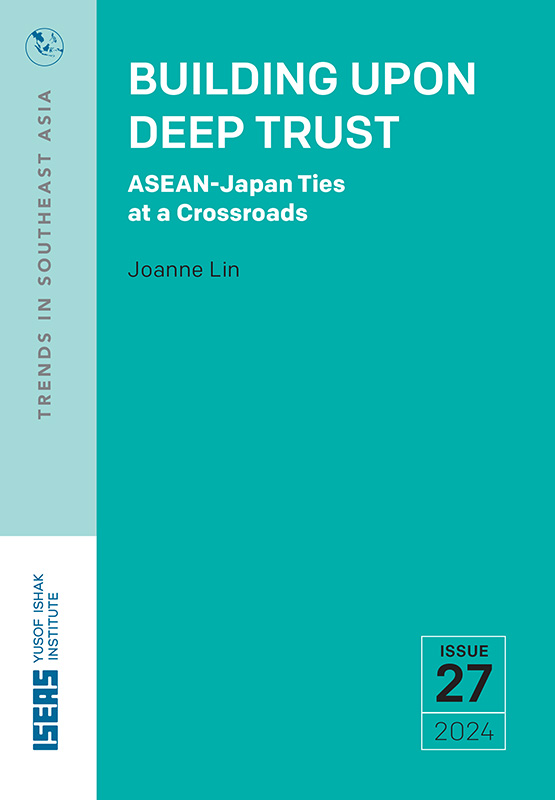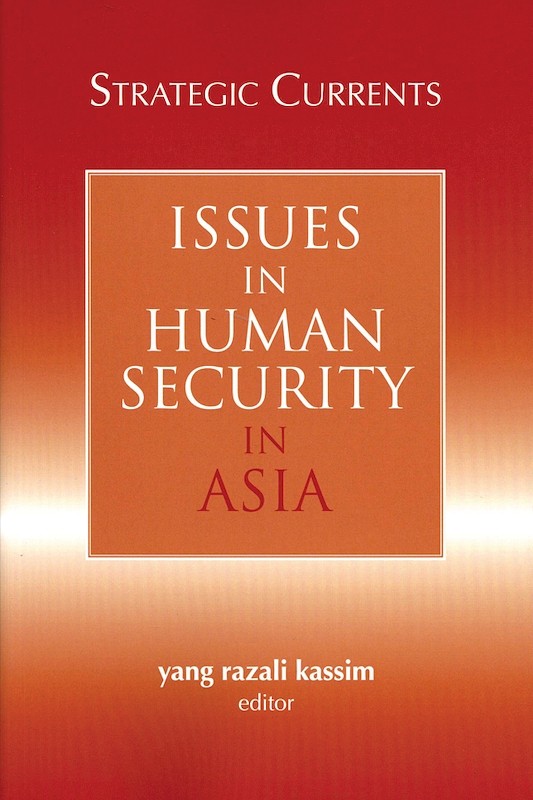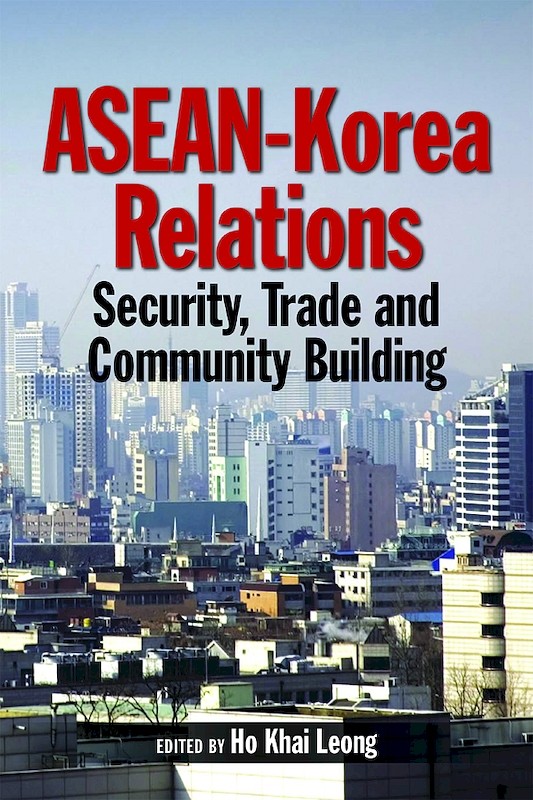Non-Traditional Security in Asia: Issues, Challenges and Framework for Action
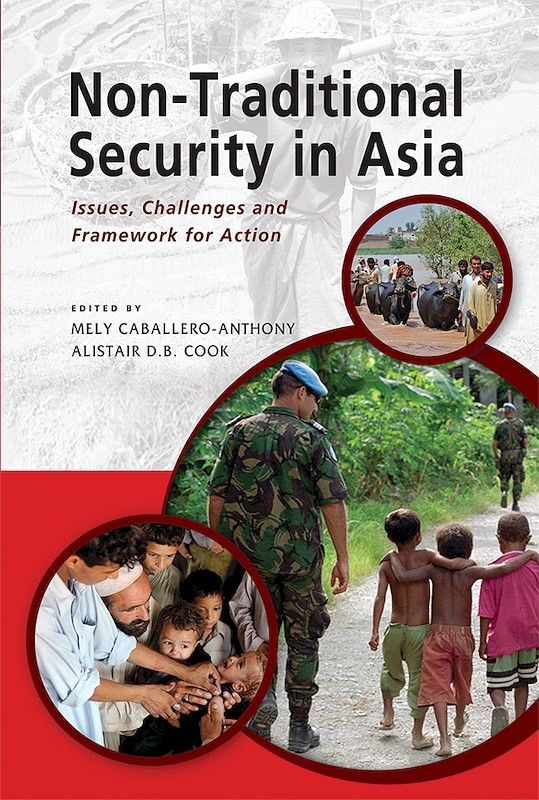
Date of publication:
2013
Publisher:
Institute of Southeast Asian Studies
Number of pages:
349
Code:
BM469
Soft Cover
ISBN: 9789814414418
Reviews
"Chapter 2 not only provides a comprehensive overview of frameworks and characteristics of health systems in the region; it also analyzes the health discourse in Asia by delineating its transnational feature (epidemics often go beyond borders). Of particular relevance is the explanation of pandemic preparedness and regional cooperative schemes developed after the outbreak of the human immunodeficiency virus infection and acquired immunodeficiency syndrome (HIV/AIDS) and the severe acute respiratory syndrome (SARS). Chapter 3 deals with the emergence of arguably the NTS threat of the future: food. The authors build their arguments on a thorough analysis of the 2008 global food crisis, identifying its drivers, its social, economic, and political impact, and eventually drawing some conclusions on the policy response that helped the Asia-Pacific region out of the emergency. Chapter 4 touches upon an NTS issue so sensitive that many influent thinkers have publicly stated that future wars will most likely be fought over it: water. The comparative analysis provides an introductory understanding of transboundary water management, particularly when they expose the nexus between water scarcity, uneven distribution and access, climate change projection and water insecurity. One of the most insightful chapters in the book, Chapter 6, looks at internal conflict from a too-often ignored perspective: the importance of small arms and light weapons (SALWs) in nowadays human security. Since the threat posed by SALWs is still largely overlooked by both the international community and national legislations, this chapter is a valuable contribution to the NTS discourse. Altogether, the book is a complete and well-arranged collection of the major non-traditional security concerns in the region (Southeast Asian Studies).
About the publication
Non-Traditional Security in Asia examines the critical security challenges faced by states and societies in Asia including health, food, water, natural disasters, internal conflict, forced migration, energy, transnational crime, and cyber security. Through the development of a comprehensive analytical framework that establishes the key ingredients to policy evaluation, the editors draw on a wide variety of experts to collaborate in investigating these crucial issues. This inclusive framework ensures that all voices are heard including those oftentimes under-represented and marginalized in society to ensure that academic and policy debates are well informed about the often complex and nuanced nature of these non-traditional security challenges.
Through an investigation into these specific non-traditional security threats, Non-Traditional Security in Asia documents and evaluates many of the most pressing challenges faced by Asia today. The authors analyse the ways in which particular issues are addressed by the many stakeholders involved in the policy-making process, both within governments and across societies. The question of how these challenges are addressed across and between the different levels of global governance highlights the strengths and weakness that are directly attributable to policy successes and failures. It is through this layered and comprehensive approach, together with an evaluation of the role of stakeholders, which binds together the chapter contributions to this collection.
The book undertakes an issue-specific chapter study of how Asian states and societies address these non-traditional security concerns from environmental adaptation and mitigation measures to conflict resolution. For each issue area, it identifies and explains the concerns of various policy communities, identifying the motivations behind some of the key decisions made to affect change or stabilize the status quo. Essentially it questions not only what a security issue is but also for whom the issue is important and the interaction this has with policy outcomes. With a focus on regional and global institutions as well as national and local ones, this collection illustrates the variety of stakeholders involved in non-traditional security concerns, and reflects on their relative importance in the decision-making process. Through a systematic evaluation of these non-traditional security issues by employing a comprehensive analytical framework, critical appreciation of the dynamics of the policy-making process surrounding issues of crucial national, regional and international significance in Asia are made. As a result of sharing these insights, the contributors provide the tools as well as a selection of issue-specific stakeholders to illuminate the key but complex characteristics of non-traditional security in Asia.
Contents
-
Non-Traditional Security in Asia: Issues, Challenges and Framework for Action
[Whole Publication, ISBN: 9789814414609], by Mely Caballero-Anthony, Alistair D.B. Cook, editors -
Preliminary pages
-
1. NTS Framework, by Mely Caballero-Anthony, Alistair D.B. Cook, authors
-
2. Health, by Mely Caballero-Anthony, Alistair D.B. Cook, Belinda Chng , Julie Balen, authors
-
3. Food, by Irene A. Kuntjoro, Sofiah Jamil, Arpita Mathur, authors
-
4. Water, by Mely Caballero-Anthony, Pau Khan Khup Hangzo, authors
-
5. Natural Disasters, by Mely Caballero-Anthony, Irene A. Kuntjoro, Sofiah Jamil, Pau Khan Khup Hangzo, Sadhavi Sharma, authors
-
6. Internal Conflict, by Mely Caballero-Anthony, Alistair D.B. Cook, Pau Khan Khup Hangzo, Lina Gong, Manpavan Kaur, authors
-
7. Forced Migration, by Mely Caballero-Anthony, Alistair D.B. Cook, Priyanka Bhalla, Pau Khan Khup Hangzo, authors
-
8. Energy, by Mely Caballero-Anthony, Kevin Punzalan, Collin Koh Swee Lean, authors
-
9. Transnational Crime, by Mely Caballero-Anthony, Pau Khan Khup Hangzo, authors
-
10. Cyber Security, by Nur Azha Putra, Kevin Punzalan, authors
-
11. Conclusion, by Mely Caballero-Anthony, Alistair D.B. Cook, authors
-
Appendix
-
Index

